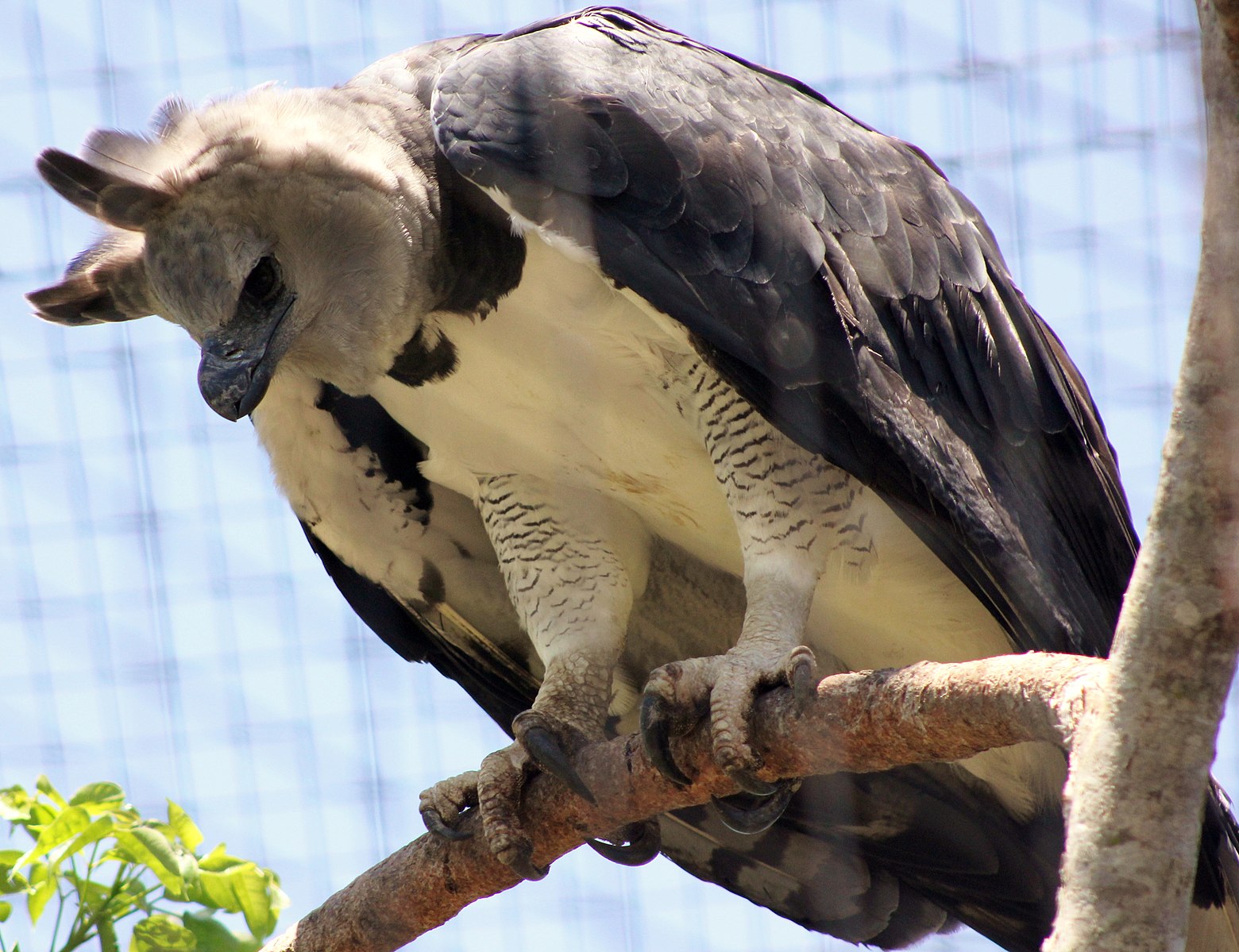Harpy Eagles, one of the largest and strongest eagles in the world, have a limited sense of smell. While they have highly sensitive eyes and acute hearing, their sense of smell is poor. This is because they rely mostly on their vision and hearing to spot prey from great distances, which is enhanced by the disc shape of their facial feathers that projects sound waves directly to their ears.
The Sense of Smell in Harpy Eagles
Harpy Eagles have a relatively underdeveloped sense of smell compared to their other senses. This is because they primarily rely on their vision and hearing to locate and hunt their prey. Their sense of smell is not entirely absent, but it is not as well-developed as their other senses.
Factors Affecting the Sense of Smell in Harpy Eagles
-
Prey Hunting Strategies: Harpy Eagles are known for their exceptional eyesight and hearing, which are crucial for their hunting strategies. They use these senses to spot their prey from great distances and track their movements. Their sense of smell is not as important for this type of hunting.
-
Facial Feather Structure: The disc-shaped facial feathers of Harpy Eagles help to project sound waves directly to their ears, enhancing their hearing. This adaptation, however, does not contribute to their sense of smell.
-
Evolutionary Adaptations: Over time, Harpy Eagles have evolved to rely more on their vision and hearing for hunting, rather than their sense of smell. This is likely due to the effectiveness of these senses in their natural habitat and the types of prey they hunt.
Comparison to Other Birds of Prey
 Image source: Harpy Eagle by cuatrok77
Image source: Harpy Eagle by cuatrok77
While Harpy Eagles have a limited sense of smell, other birds of prey, such as vultures and some hawks, have a more developed sense of smell. These birds use their sense of smell to locate carrion and other food sources from a distance.
Vultures and Their Sense of Smell
Vultures, for example, have a relatively well-developed sense of smell compared to other birds of prey. They use their sense of smell to detect the presence of decaying matter, which is their primary food source. This adaptation allows them to efficiently locate and find their prey.
Hawks and Their Sense of Smell
Some hawk species, such as the turkey vulture, also have a more developed sense of smell than Harpy Eagles. These hawks use their sense of smell to locate small prey, such as rodents, that may be hidden from their view.
Hunting Strategies of Harpy Eagles
Harpy Eagles are known for their powerful talons, which are the strongest among all birds of prey. They use these talons to crush the skull of their prey, delivering an instant death to their victim. They are capable of taking prey equal to their own body weight, with males usually taking relatively smaller prey and females taking larger prey.
Prey Preferences of Harpy Eagles
Harpy Eagles primarily hunt medium-sized to large mammals, such as sloths, monkeys, and small deer. They are also known to prey on birds, reptiles, and even small domestic animals.
Hunting Techniques of Harpy Eagles
Harpy Eagles use their exceptional eyesight and hearing to locate their prey from great distances. They then swoop down and use their powerful talons to capture and kill their prey. Their hunting strategies are highly efficient, allowing them to successfully hunt a wide range of prey.
Vocalizations of Harpy Eagles
Harpy Eagles are largely silent when away from the nest, but at the nest, adults can call out a weak, melancholy scream. Males call out as they approach the nest with food, while the nestlings become more vocal as they age.
Nest-related Vocalizations
The weak, melancholy scream of the adult Harpy Eagles is primarily used in the context of the nest, where they communicate with their young and with their mates.
Nestling Vocalizations
As the Harpy Eagle nestlings grow older, they become more vocal, likely to communicate their needs and to interact with their parents.
Conclusion
In conclusion, Harpy Eagles have a limited sense of smell, but their highly sensitive eyes and acute hearing make up for it. Their powerful talons are their primary weapon, and they are capable of taking prey equal to their own body weight. They are largely silent when away from the nest, but at the nest, adults can call out a weak, melancholy scream.
References:
– https://pethelpful.com/pet-news/san-diego-zoo-harpy-eagle
– https://www.sfzoo.org/bald-eagle/
– https://www.aboutanimals.com/bird/harpy-eagle/
– https://animalcorner.org/animals/harpy-eagle/


